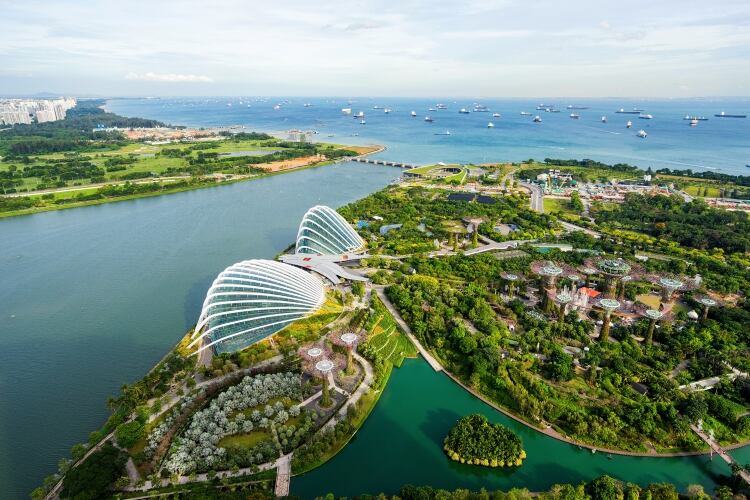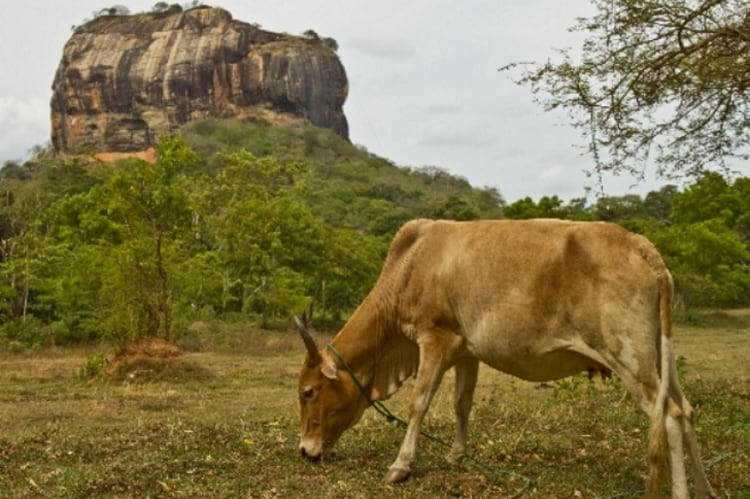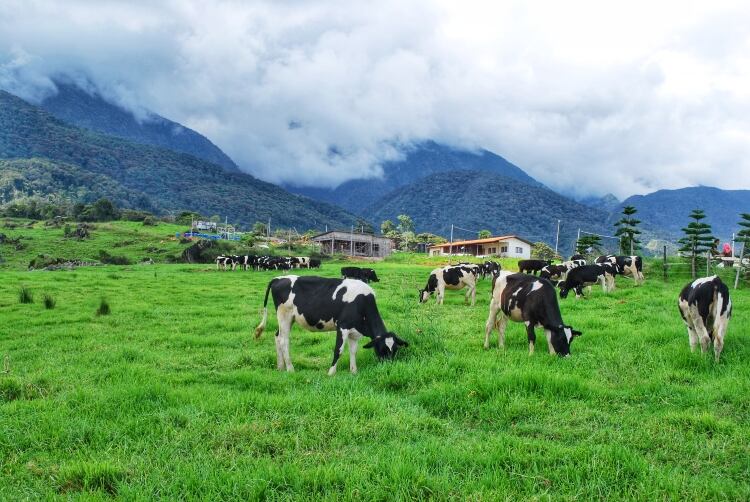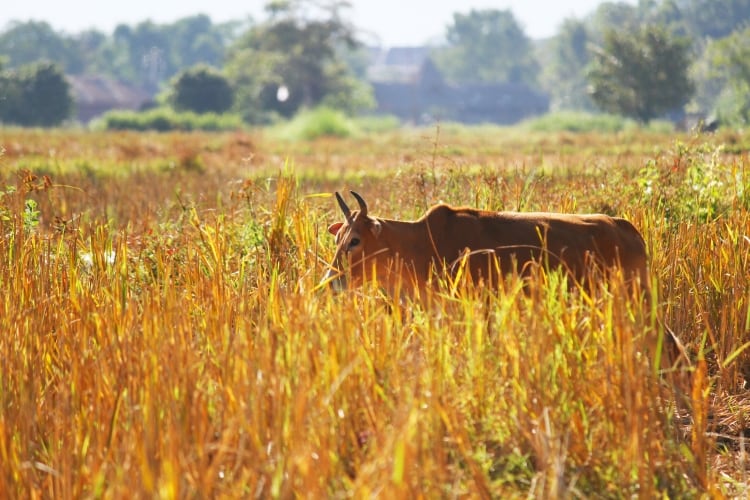On a satellite image looking down over a Kranji Countryside peninsula in the north of the island, a pocket of green emerges from the grey sprawl that envelops almost all of the 720 square-kilometer home to 5.6m residents. This is farmland, packed with business raising all manner of stock, from frogs and arowana fish to goats and dairy cows.
Many of these plots date back to a time before the modern world took over Singapore. The farms built on them have watched the city to the south take over much of the country, and are hopeful their peninsula stay the way it has always been.
“The area has been set aside for agriculture but the government’s direction is still not clear,” Leon Hay, one of the third generation of farmers to carry that name in Kranji, told DairyReporter.
His family’s business, Hay Dairies, produces more than 800 liters of milk a day from around 300 producing goats out of a herd of 600, and supplies all of its output to local supermarkets and through home delivery (just one order per person per week allowed due to limited stocks). But to expand to the 2,000 goats he longs for, he must rely on government plans to relocate farmland.
“Unlike in other countries, where lands are freehold or generational, Singapore is one little dot on the map and land is very scarce, so the government controls it all,” Hay said.
Military use
Hay Dairies’ current location must be handed back to the government by 2021, after which much of the surrounding agricultural lands will be used by the military.
The 60 or so farmers affected by a compulsory takeover have been told they will be allocated a collective 60 hectares of land in the nearby Sungei Tengah and Lim Chu Kang areas on a 20-year lease.
With other farmers, the Hays were surprised to find in 2017 that their lease had been renewed until 2021, in what was a third extension in four years. But until the authorities make a firm decision on what will happen, rather than continuing to grant short lease extensions, his plans are on ice.
“They can’t give us very long-term tenures so at the moment we are still waiting for an answer on new plots of land.
“We did try working with other farms to lobby the government but it wasn’t much use. The government is mindful about Singapore’s food security, but it is still not clear about the direction it’s going to take yet. It’s in their hands.”
Minimal GDP
Thirty years ago, there were more than 2,000 farms in Singapore, averaging one hectare each. Many of these, including a forerunner to Hay Dairies, focused on pork production. But public health concerns over pig farms led to the closure of them all. Now agriculture doesn’t even account for 1% of the country’s GDP, according to the World Bank.
In the Eighties, Hay’s parents turned to goat farming as an alternative livelihood. Singapore’s Agri-food and Veterinary Authority (AVA) provided them with contacts overseas to help them import their first batch import of Alpine, Nubian, Toggenburg and Saanen goats.
The farm had been founded by Hay Yak Tang on a 16-acre plantation in the Twenties, rearing ducks, chickens and pigs. By the Seventies, it had switched entirely to pig farming, with breeders imported from America. As the business expanded, eight of Hay’s 11 sons joined him on the farm, which at the time had over 20,000 pigs. The pigs were then replaced by goats in 1988.
“The population is getting more educated, they know that cow’s milk is not the only type of milk available now,” said Leon Hay. “So the supermarkets approached us to supply them with our goats’ milk. With the help of government agencies, local producers are being strongly marketed here in Singapore.”
Having waited years for certainty on their farming future, the business school-educated scion has turned his thoughts to expanding the herd—if not his hopes.
"I can’t say it’s a strong likelihood that the government will give us more land. Nobody knows what will happen,” he said.
If this does come to pass, and land is granted on a decent-length lease, he is eager to recreate a solution adopted during his grandfather’s time at the helm, namely building a two-story farm.
Waiting for certainty
Hay is certain that it would be possible to keep 2,000 goats in this way on just two acres of new land, if only he could be confident in knowing the government’s intentions.
He believes doing this successfully might well prompt the AVA to grant farms longer leases and encourage more investment within the Singapore farming sector. But first Hay Dairies must wait for the government’s decision—whenever that may be—before any investments can be made.
Having been encouraged to focus on his education, Hay entered the family business after completing his studies. Now farm manager, he hopes one day to take over from his parents, John and Doreen, in running the company.
Though there remains uncertainty and confusion over the government’s plans and the Hay Dairies’ long-term future, he has settled into a life on the dairy that he played no part in when he was younger. Even though he was the only farm kid in his class, he had a regular upbringing. Now, he realizes how farming is in his blood, like the generations before him.
“Working on this part of the island, you can say is very simple, it’s down to earth and a less stressful lifestyle,” he said.
He now hopes the government will offer something that safeguards the business for another three generations.




